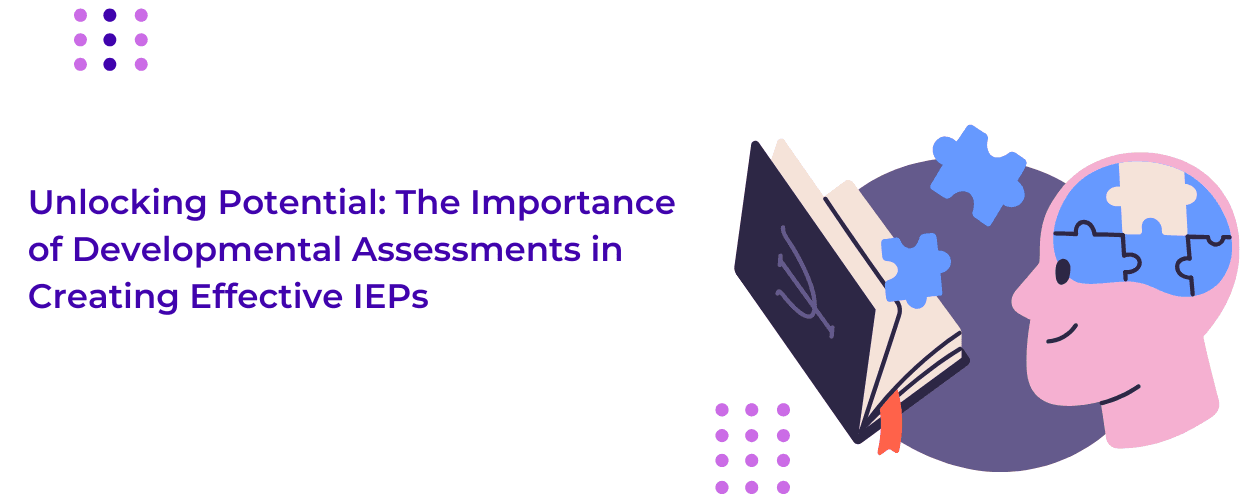Major depressive disorder is a severe condition that can significantly affect a person’s productivity, ability to function, and quality of life. Around 15% people face depression in their lifetime. 30% patients may not show full improvement with medication and psychotherapy. Hence there is a need for new treatment approaches to help those suffering from depression. Ketamine for depression has emerged as a promising treatment option over the last few years. The drug has been found to have antidepressant effects at low doses.
What is Ketamine?
Ketamine is an anaesthetic agent which has been used safely for general anaesthesia for many decades. Recently it has been demonstrated in scientific studies that at low doses it has a rapid and robust antidepressant effect. The drug works by targeting the glutamate system in the brain, which is involved in mood regulation. It is widely gaining acceptance in the USA, Europe, and India as a treatment for people with acute depression and feeling suicidal, chronic depression or treatment-resistant depression.
How Does It Work?
Ketamine is an anaesthetic agent which has been used safely for general anaesthesia for many decades. Recently it has been demonstrated in scientific studies that at low doses it has a rapid and robust antidepressant effect. The drug works by targeting the glutamate system in the brain, which is involved in mood regulation. It is widely gaining acceptance in the USA, Europe, and India as a treatment for people with acute depression and feeling suicidal, chronic depression or treatment-resistant depression.
Effectiveness of Ketamine Therapy
It has been found to have a rapid and persistent antidepressant effect after just one dose, suggesting it may play a role in neuroplasticity. Studies have demonstrated remission of depressive symptoms one week after the administration of the drug. A recent meta-analysis of various studies also found that ketamine has antidepressant efficacy starting from day one of treatment in patients with unipolar and bipolar depression.
The neuropsychiatric effects of sub-anaesthetic doses of ketamine have been found to aid in managing suicidal ideation and reduce self-harm or suicide in addition to alleviating depressive symptoms. This suggests that ketamine may be a promising option for individuals with severe depression who are at risk of suicide.
Final Thoughts
The available evidence suggests that ketamine may be a beneficial treatment option for people with acute, chronic, or treatment-resistant depression. Few centers in India and Pune offer ketamine therapy for depression. It’s important to talk to a psychiatrist to take an informed decision on whether ketamine is a good treatment option for you. For more information on ketamine therapy read here.






